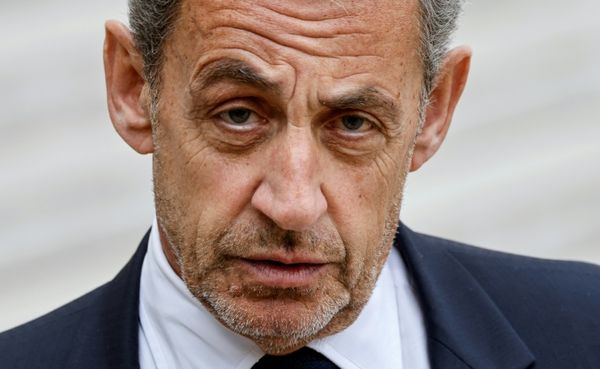
It’s not often that yet another Qantas scandal around its illegal behaviour gets trumped by a display of hubris and poor service by some other major company. Having walked around with targets on their backs for much of the year, Qantas’ executives and its three-wise-monkeys board of directors must be delighted that Optus has absorbed media attention for last week’s outage and its ensuing communications failure — complete with comparisons in the Financial Review of CEO Kelly Bayer Rosmarin’s response with those of the airline to its many scandals.
Bayer Rosmarin is now reportedly considering stepping down — which would instantly elevate her above the parade of clowns at Qantas, who have grimly clung onto their chairman’s lounge access, right up to Alan Joyce, the unflushable turd of Australian business, who was only pushed out, mere weeks from his retirement date, when the ACCC came brandishing multi-hundred-million dollar fines earlier this year.
Optus’ outage appears less related to Qantas-style behaviour — a blatant contempt for customers, a commitment to reducing levels of service, underinvestment as a key corporate strategy, and unlawful treatment of its employees — than human error and the grim fact that infrastructure, no matter how gold-plated, occasionally breaks down. Telecommunications, along with aviation, is naturally a core area in the relentlessly expanding area of “critical infrastructure” regulation by government — that once covered four sectors, but now extends to a mighty 11 — the primary effect of which has been to simply raise regulatory barriers to entry in sectors already prone to monopolies and oligopolies. Certainly, more than two decades of critical infrastructure meetings between industry and bureaucrats (I endured some in my former life), and steadily creeping regulation didn’t do much to protect Optus customers last week.
Bayer Rosmarin’s sins — sure to be forensically examined at the inevitable Senate inquiry today — are instead around communication, at which Optus undoubtedly failed, but for which another problem seemed to be that the company wouldn’t tell people what they wanted to hear, i.e. that their services were about to be restored, mainly because it had little idea itself. What they did reflect is a persistent theme about how out-of-touch senior Australian business figures can be from what their customers expect. That Bayer Rosmarin and her executives failed to learn from the savage criticism of Optus’ communication about its hacking a year ago says much about their poor grasp of consumer sentiment. So much for the neoliberal idea that markets are the ultimate democracy and somehow channel the needs and wants of the public better than a ballot box can.
But Qantas’ conduct was — once again — far worse. It stood down employee Theo Seremetidis who raised safety concerns — “namely the risk of workers contracting COVID-19 while cleaning and servicing planes arriving from China”, in early 2020, in the words of the presiding judge. Qantas graciously “acknowledged the findings of the NSW District Court” in response — rather than, presumably, announcing it was seceding from NSW and the nation-state of Mascot would henceforth be its home.
Qantas’ treatment of Seremetidis looks a lot like punishment of a whistleblower, as well as an attempt to ignore justified safety concerns. Its conduct is of a piece with its illegal sacking of 1,700 staff during the pandemic, and its alleged industrial-scale breaches of consumer law in relation to ghost flights.
If the ACCC is successful in its prosecution over the ghost flights — overcoming the airline’s asinine “we don’t sell tickets” defence — then the verdict will be in on the Alan Joyce-era Qantas: it was a relentless lawbreaker that engaged in unlawful conduct in relation to its employees, its customers and safety.
What will Qantas’ response to the Seremetidis decision be? Its usual strategy of relentless litigation, if necessary all the way to the High Court? If so, the claim of CEO Vanessa Hudson that somehow Qantas has entered a new and better era will be proven hollow indeed.
How’s your faith in the Australian business landscape these days? Let us know your thoughts by writing to letters@crikey.com.au. Please include your full name to be considered for publication. We reserve the right to edit for length and clarity.







